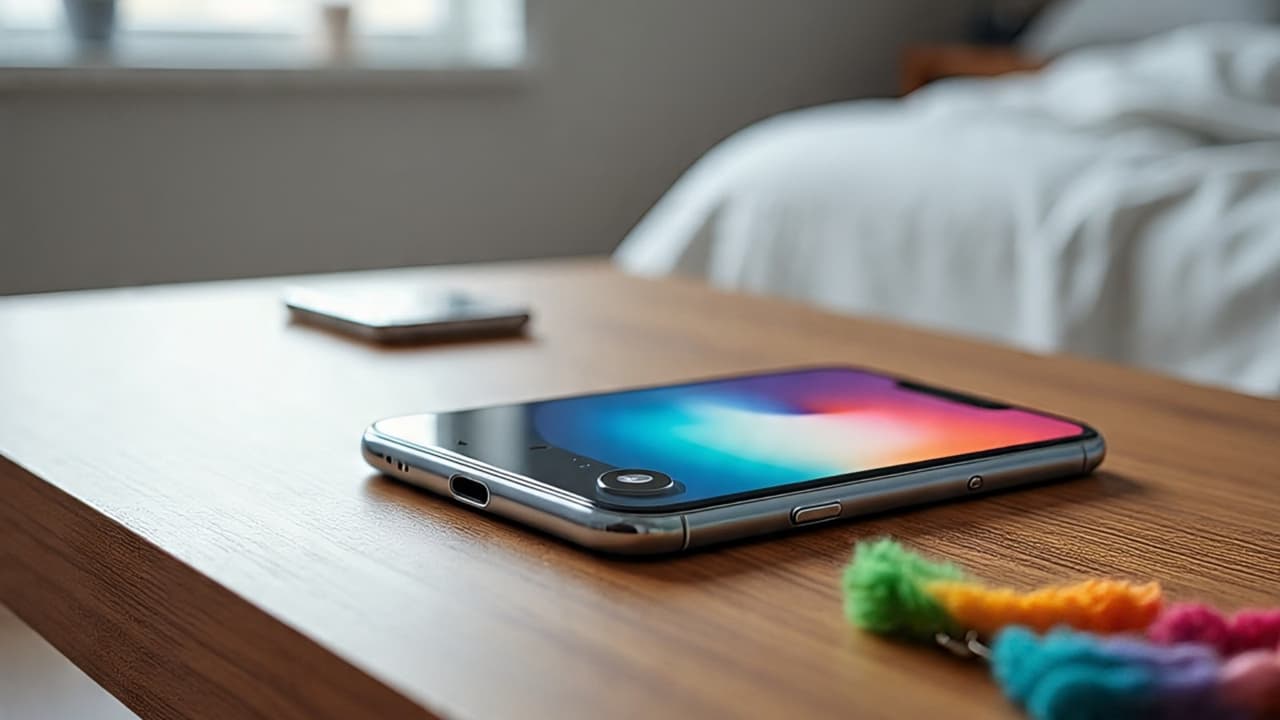A survey of 576 professionals confirmed the detrimental impact of constant digital distractions. Jamalamadaka advocates intentional tech use, eliminating multitasking, and prioritizing focused work. He warns against over-reliance on AI.
Bengaluru: A recent personal productivity experiment and survey conducted by Roche Digital Center (GCC) Raja Jamalamadaka has revealed alarming insights into how excessive smartphone and tech usage, especially notifications and multitasking, are severely undermining professional focus, reading habits, and overall cognitive performance. Over a span of a few months, Jamalamadaka noticed a 50% drop in his reading speed and attention span and a 33% decline in reading volume despite no health concerns or heavy social media use. The suspect? Constant digital distractions.
To validate his observation, he surveyed 576 professionals across the workforce pyramid: 203 senior leaders, 146 mid-level managers, and 227 Gen Z professionals. The conclusion? Smartphones and their barrage of notifications are destroying deep work. “Phone Notifications are productivity’s arch-foes. Each notification – from messages, social media apps to promotional alerts – triggers a fear of missing out (FOMO), leading to frequent phone unlocks. Research shows it takes approximately 10 minutes to regain full focus after just 10 seconds of distraction. 20 notifications in a day? Say good-bye to productivity,” he wrote. He criticized the overhyped “focus blocks” and “no-meeting days” that many companies promote as productivity boosters. These, he says, often deteriorate into email triage marathons, browser tab chaos, and constant context switching, not real focus.
And as for multitasking? “It’s the Terminatrix of mental clarity,” he says. Whether it’s replying to texts mid-conversation, or scanning news at traffic lights, the result is the same: brain fog and stress.
Tech Arsenal or Attention Assassin?
According to Jamalamadaka, the average modern professional juggles a smartphone, smartwatch, laptop, tablet, and smart home devices — each a source of distractions pretending to improve life. The irony? These tools, meant to increase efficiency, often hijack cognitive bandwidth. “We’re raising a pet notification monster,” he quips, “and it’s eating our brains for breakfast.” Even the much-touted Artificial Intelligence revolution isn’t spared in his critique. Jamalamadaka warns that while AI can save time, that saved time is often redirected to more distractions. Worse, blind reliance on AI tools leads to cognitive decline, as critical thinking and self-reflection are offloaded to algorithms.
Jamalamadaka doesn’t just diagnose the problem; he offers a roadmap:
- Be Intentional: Schedule tech check-ins instead of being reactive.
- Kill Multitasking: Focus on one task at a time.
- Guard Focus Time: Notifications off, tabs closed, mind on.
- Use AI as a tool, not a crutch.
- Reclaim human intelligence in the age of artificial intelligence.
In a powerful closing thought, Jamalamadaka reimagines Peter Drucker’s legendary quote: “If culture eats strategy for breakfast, then technology — unchecked — is devouring human intelligence for breakfast, lunch, and dinner.” His findings have sparked conversation among productivity experts and workplace psychologists, with some calling for formal corporate frameworks around digital wellness. As we barrel forward into an AI-powered future, Jamalamadaka’s message is clear: mastering technology isn’t about upgrading devices, it’s about upgrading awareness.
